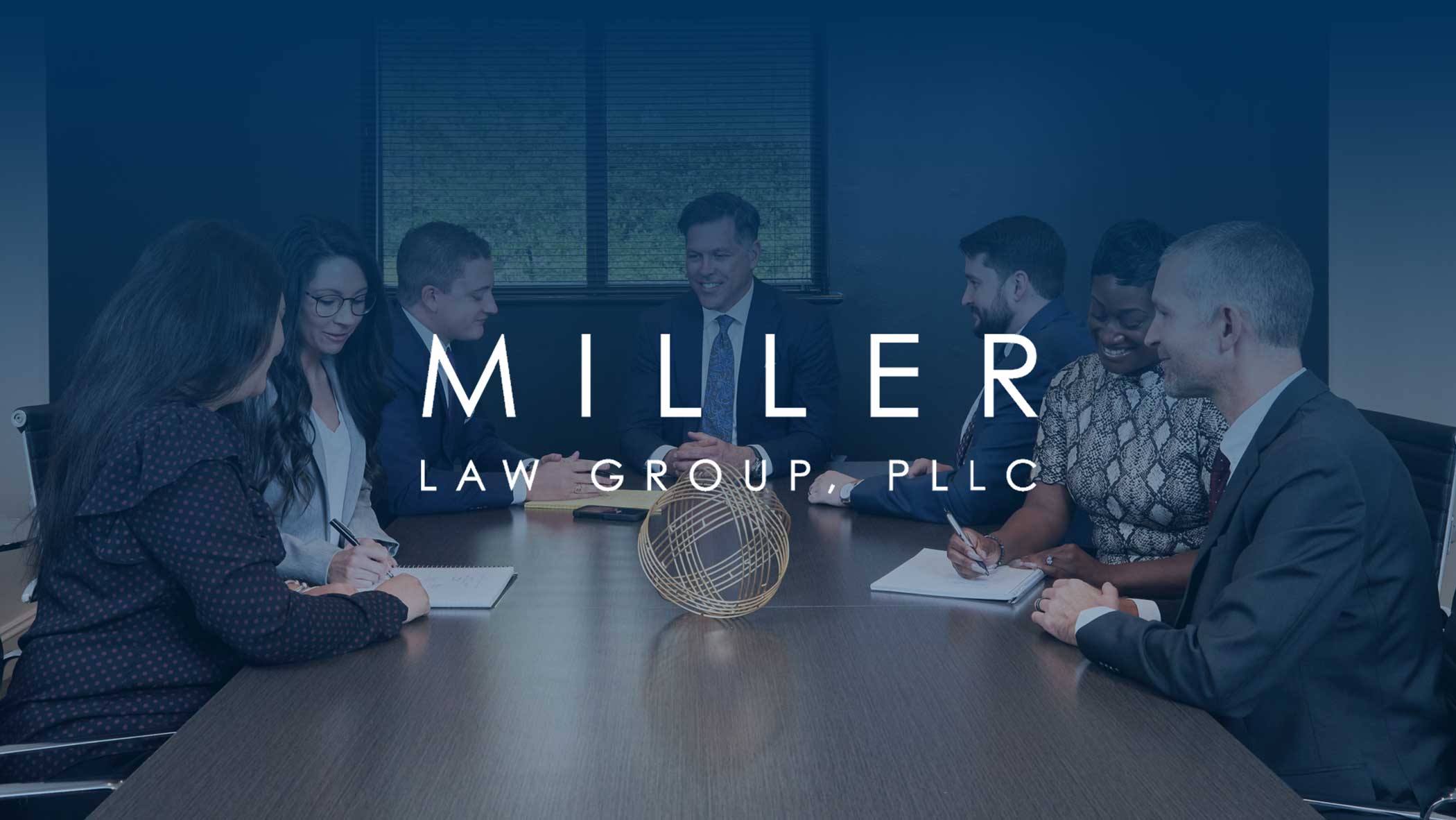North Carolina’s Punitive Damages Law: Working to Keep us Safe

We often hear the phrase “punitive damages” but there’s typically no explanation as to what is really means. It sounds like punitive damages are meant to punish a person or company: that’s true, but there’s more to the law than that.
Plain and simple, punitive damages are serious consequences for exceptionally bad behavior.
North Carolina law explains how punitive damages can be used in a case: “Punitive damages may be awarded, in an appropriate case and subject to the provisions of this Chapter, to punish a defendant for egregiously wrongful acts and to deter the defendant and others from committing similar wrongful acts.” (N.C.G.S. 1D-1)
What does that really mean? It means that these damages ARE meant to punish a defendant for particularly bad acts. Those acts can include fraud, drunk driving, deceptive business practices, engaging in other criminal conduct, and unfairly taking advantage of someone in a business dispute, just to name a few ways.
The second half of the definition, however, is the real protection for you, your family, your business, and your community. “Deter” means to discourage that particular defendant “AND OTHERS” from committing the same or similar bad acts.
It’s meant to give people a moment of pause before they do something wrong, and think, “I know someone who cheated someone else, and a jury hit them with a verdict for a lot of money. I don’t want to pay that much money, so I’m not going to do this.”
It’s that simple, but it’s a critical protection for us all. Punitive damages make cars safer. They make prescription drugs work better. They keep employers from engaging in harassment. They make someone who’s going out drinking call a cab or get a designated driver.
But punitive damages only work when juries enforce them, and juries can only enforce them when someone who’s hurt decides to stand up for their rights, and for the good of the community.
Not every case is appropriate for punitive damages, in fact most are not. But whether punitive damages will be allow depends entirely on the facts of your case and what the law says about those facts. If you have a claim where you suspect something particularly bad, dangerous, or dishonest has happened and has hurt you, your business, or a loved one, contact us today. You can use our website by clicking here or call us at 919-348-4361 for a free, no-risk consultation.
If you’re ready to stop being a victim, and instead be a warrior for your community, we’re ready to stand with you: we’ve got your back.
Our Attorneys’ Practice Areas

